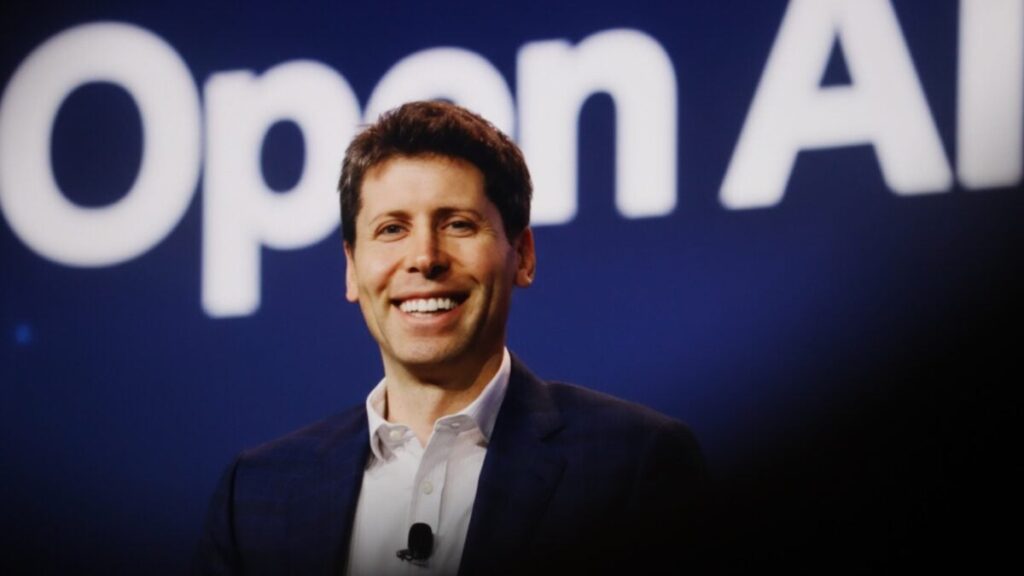An interesting shift seems to be happening in the language of OpenAI’s biggest hype people. The term “artificial general intelligence” and the idea of the do-it-all AI seem to have fallen out of favor a bit. In its place: personalized AI experiences and researchers.
Perhaps the clearest example of this change can be seen in OpenAI CFO Sarah Friar’s latest conversation with the Wall Street Journal. Fresh off her “when I said we expect a government backstop for our massive financial commitments, I didn’t mean it” media tour, she was asked by the publication what the future holds for AI applications. In her response, she leaned heavily into the idea of personalized chatbots serving as a sort of digital butler.
“When we think about the underlying first priorities of where we’re going with chat, number one is definitely memory, because we think this adds an incredible amount of utility to the consumer,” she said. She busted out a few examples that have become a bit of the standard schtick at this point: if you’re looking for a vacation on Expedia, for instance, ChatGPT will remember how you have liked to travel in the past and customize your experience in that direction.
She also drew a very interesting comparison for OpenAI’s model by bringing back the old startup standby of being the Uber for X (when solving for X here, it basically equals “everything”).
“I always think about when Uber went public, they went public with this tagline about being everyone’s private driver—something only really affluent people had experienced, the black car that showed up for you, was now available to everyone,” she said. “When I think about that same thing for ChatGPT, I think about a world of where everyone can now have a concierge doctor, everyone can have a personal tutor, everyone can have a stylist, you can have a travel agent, you can have all of these things. Now we need to get better, I think, at manifesting it.”
Invoking doctors is an…interesting choice, given OpenAI recently announced that it would back off giving medical advice to users, likely as a way to avoid some liability concerns. But the Uber comparison is also something relatively new. It definitely seems like OpenAI’s financial strategy is the same as Uber’s was for most of its existence: operate in the red for as long as possible to kill your competition and then monetize when you’re the only game in town. So it’s fitting they’d lean into the likeness.
Mentioning memory as a top priority makes sense as part of a sales pitch, but it does present some real technical problems. AI’s memory problem has been one that has proven incredibly difficult to solve and resource-intensive, and it’s not clear that the outcomes from chatbots with longer memories are actually any better. There’s also the problem that personalized chatbots tend to be more likely to result in people forming unhealthy relationships with their chatbots, which probably drives up usage numbers but likely isn’t great for anyone.
But this personalized AI experience seems to be OpenAI’s latest calling card, as, in recent months, it has laid off the whole mission of developing an all-powerful “AGI.” Last month, when CEO Sam Altman talked about the company’s restructuring and near-term goals, he referenced developing an “AI researcher” capable of making autonomous discoveries. AGI was, at most, in the periphery of the conversation.
Friar leaned into that, too. When she busted out her new favorite refrain, that there isn’t enough exuberance about AI capabilities yet, she gave an example of what the future could hold: “A cancer patient can get maybe drugs that were never thought of before. A model was able to come up with a new molecular compound and a distribution mechanism that gets it to the cancer, and gets you through FDA approval multiples times faster than we could even imagine.” That certainly sounds promising, but it also isn’t quite building god. Neither is building a “personalized” AI that is better at selling you things. But at least it feels like we’re getting closer to a realistic expectation for these machines.

